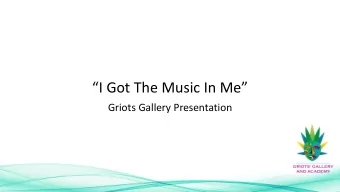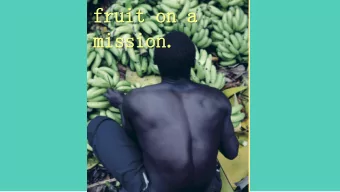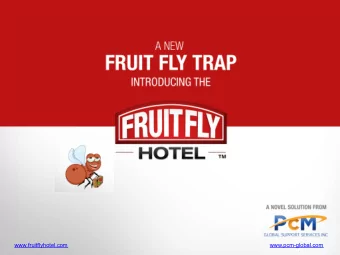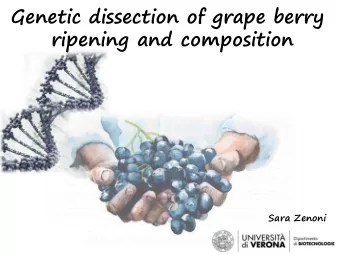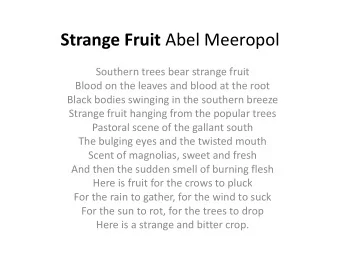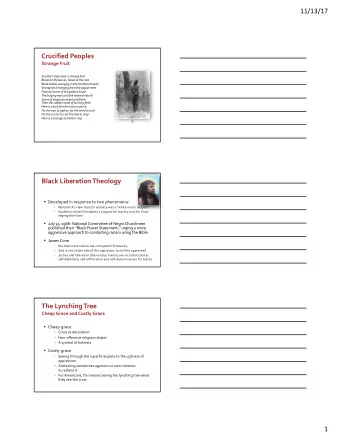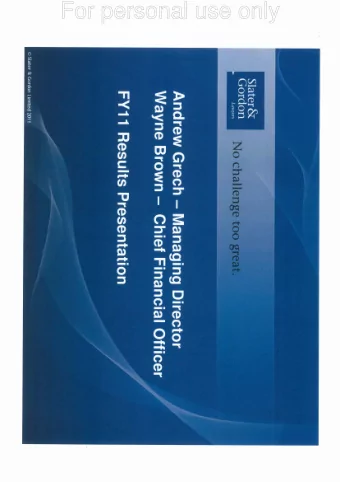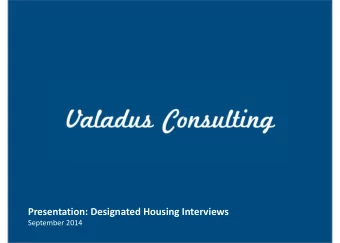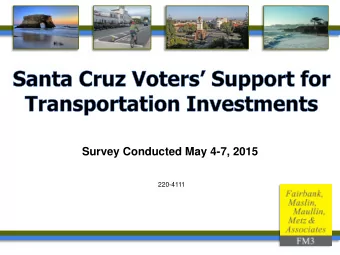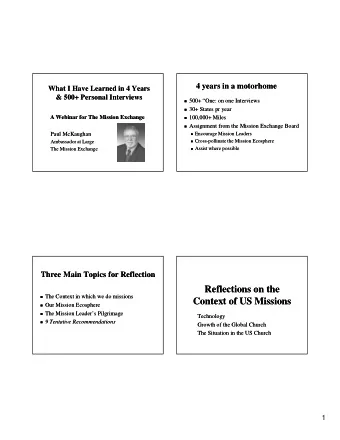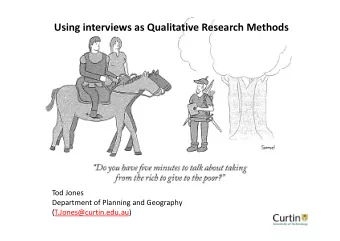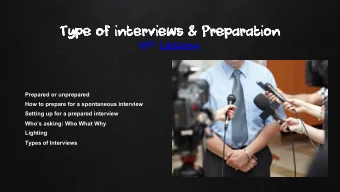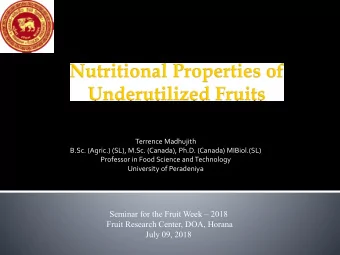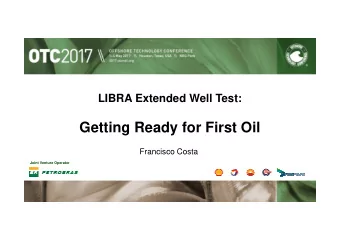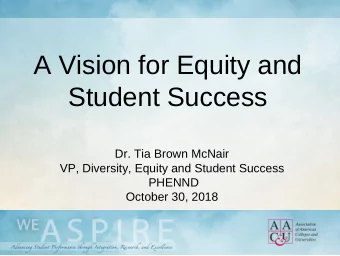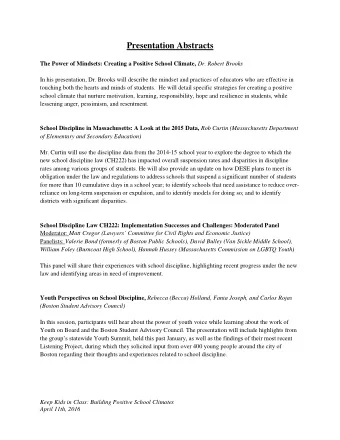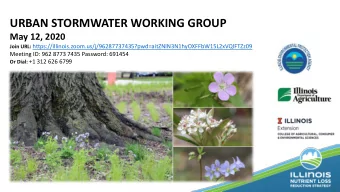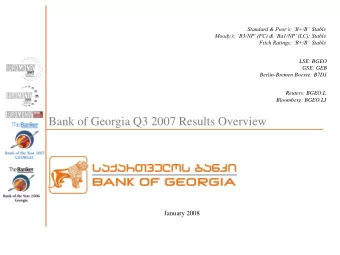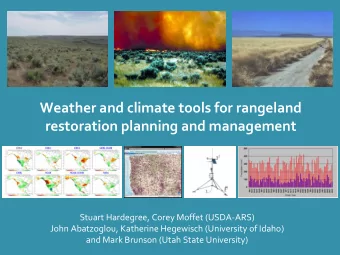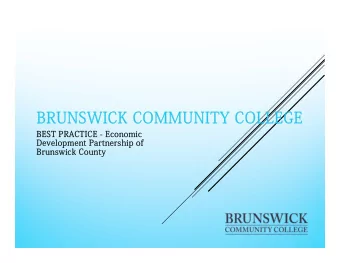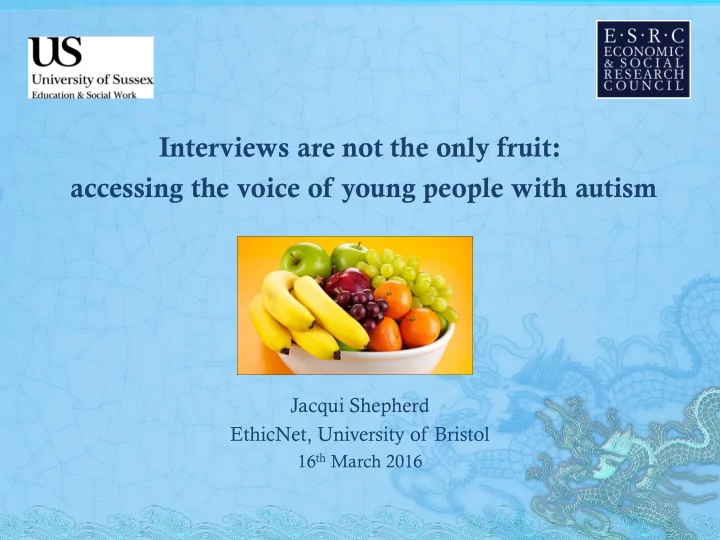
Interviews are not the only fruit: accessing the voice of young - PowerPoint PPT Presentation
Interviews are not the only fruit: accessing the voice of young people with autism Jacqui Shepherd EthicNet, University of Bristol 16 th March 2016 What was the research? Transitions of young people with autism from special schools to
Interviews are not the only fruit: accessing the voice of young people with autism Jacqui Shepherd EthicNet, University of Bristol 16 th March 2016
What was the research? Transitions of young people with autism from special schools to colleges of further education Tensions between special and mainstream education the interface between them Academic and social progress Student centred – lived experience Capability not deficit approach Implications of the new legislation and SEND code of practice - person-centred planning?
Transition and ASC Insistence on sameness ‘anxiously obsessive desire for the maintenance of sameness’ and a ‘dread of change’ (Kanner, 1943, p245) Challenge of social interaction Social codes and conventions Imagining the future Rigidity of thought Need for clarity Need for routine Vulnerability? Sensory sensitivities/distractions
Person centred planning Local authorities must consult the child and the child’s parent or the young person throughout the process of assessment and production of an EHC plan. They should also involve the child as far as possible in this process. The needs of the individual child and young person should sit at the heart of the assessment and planning process. Planning should start with the individual and local authorities must have regard to the views, wishes and feelings of the child, child’s parent or young person, their aspirations, the outcomes they wish to seek and the support they need to achieve them. (SEND Code of Practice, 2014) We need to devise ways of putting the perspectives of people with autism ‘at the centre of the autism conversation ’ ( Ne’eman , 2011)
Who were the participants ? Leavers from three special schools across three local authorities Pupils with autism in last year of special school 16- 17 planning to go on to FE Varying social and communication abilities Tracking transition to further education over 12 months – five different FE colleges Interviews with young people, teachers, parents, careers advisers Six detailed case studies – breadth/depth balance Why and how would they talk to me?
The problem with interviews... Assumptions That the ‘ respondent is someone who can provide detailed descriptions of his or her thoughts, feelings and activities if the interviewer asks and listens carefully enough’ (Gubrium and Holstein, 2002, p8) Power asymmetry (Kvale and Brinkmann, 2009) Definition of an interview as ‘a conversation with a purpose’ (Burgess, 1993) and therefore assumption that respondents can focus and be motivated by research on someone else’s behalf That respondents can concentrate for relatively long periods of time And yet... How to privilege young people’s voice? ‘Nothing about us without us’ Human difference not defect; ‘ diffability ’ ‘to listen with all our senses’ ( Rinaldi, 1999) Listening to very young children (Clark & Moss, 2011) More scaffolded approach needed Dignity and respect
Personalising interviews for young people with autism (Classroom Observation, ‘ Semi- structured’ interviews with young people, Semi-structured interviews with parents, teachers, lecturers and careers advisers, field notes, emails and Learning Difficulty Assessments) Focus on abilities, interests and aspirations Concerns and hopes for the future and going on to college Inclusion, college community Involving the young people more in the interview process Use technology?
Exploring ‘personalised interviews’ with young people with autism Mosaic approach (Clark and Moss, 2011) Participative Rural Analysis (Chambers, 1994) Cue cards (Lewis et al., 2008) Augmentative and Alternative Communication (AAC) (Mirenda, 2008) Talking mats (Murphy & Cameron, 2008) Challenges in the interview process (Preece & Jordan, 2002: Abbott, 2012) Methodological challenges (Nind, 2009) Walking interviews (Clark & Emmel, 2010)
Collages, card sorts and walking interviews
Jake
Ellis – Card Sorts
Jake – walking interview
JS: I'm going to be completely lost so I'm just going to follow you...[start walking, Jake has ipad] and how's it all going...are you enjoying it? Jake – Walking Interview Jake: Yeah, I had my interview yesterday for my new course JS: oh, is it ICT? Jake: ICT BTEC level 2, yes. They said that I'd be the perfect candidate for it [beaming smile] JS: Oh, well done Jake: so that's good JS: so that's what you want to go and do next year
Methods as scaffolding ? To allow processing time and use of pause? (Lewis, 2001) To use visuals to strengthen communication? (Preece, 2002) To support language or ‘inarticulateness’? (Booth & Booth, 1996) Adjusting the power relationship? (Lewis & Porter, 2004) To prompt discussion and provide a concrete record of the interview
Scaffolding? JS: and what sort of things will you do on that? Do you know what subjects you'll do? David: mmmmmm ...can’t remember what I chose now [turns to Mum] D’s mother: have a think... do you remember we went in and spoke to the lady and she had that sheet, do you remember? David: Yeah know but I can't remember what I chose D’s mother: you can't remember what it was? [pause for David to think] David: seriously I can't remember A bit later… JS: what do you think you might do after college David: Don’t know. Seriously do not know (from first interview)
David – original interview JS: and how was that going to college each week? David : Yeah, it was alright JS : do you think...are you going to be taught in the same classrooms that you've visited? David : Yeah, I think so JS: right and the same people will be teaching you...? David: Yeah JS: .... So what do you think it's going to be like your first day at college? David: I seriously have no idea what it's going to be like JS: yeah, yeah and you're going to get transport there aren't you so at least that's what you're used to isn't it? Umm, I want to do a little thing on the ipad, are you happy to do that with me? David: Yeah.
David – Walking Interview
David – walking interview JS: so is there anything else that you think college could have done to make starting here any better or...was there anything which was just completely confusing when you started....I know it's a while ago now... David: probably the induction, I don't know...it was pretty good but it's probably like the most confusing thing JS : was that when you started? Did you have to register and get photos and that kind of thing? David : yes it was bringing money to do the course, then getting photos so they can give you a student card and stuff like that JS: so it was all of that bit which once your timetable is going it's OK but it's the first bit - yeah - but it was good they showed you round to the rooms so you could find your way around so if you had to go to other parts of college would you be able to find your way, so if they said to go to construction or... David: if they told me like, like a room number like this one, then I'd probably be able to find it
JS: this looks like a good room, what do you do in here? David : this is enterprise which is like arts and crafts and stuff, making it and selling it and stuff like that JS : so everyone from all over college can come to this café then? David : Yeah, it ’s not normally this busy...cos like everyone’s in and you actually have to come in on a Thursday if you’re on this course so you’re going to go in there JS : yeah, yeah. Was it Maths you got the GCSE in so you didn't have to...was that just fewer lessons then? David : yeah. I don't get to do that now cos like the thing I want to do is Maths which I can't do and then I've got English which I struggle to do and I've still got to do JS : and is that doing GCSE again or is it functional skills? David: I don't know they say it's entry 3 and level 1 group so probably GCSE [walking to the carpentry classroom]
Carol (Eric’s mother) : what have you written it on top Eric Card Sort then? Social activities, teachers, getting lost, transport - what you worried about transport for? Oh the noise of the other children? Eric: I don't know, I don't know I probably wouldn't be by myself but with other people JS: so transport would be OK if you were by yourself? Eric : Cos I might be in the same taxi as those other children what I used to be in and I don't want that to happen. Like, I did like Brad but the other two together really annoys me so I want to be in a different taxi from them lot Carol: you probably will cos you've got a different course you're going on because the courses might not run at the same time. I didn't know you was concerned about your transport? Eric: I don't want to be in transport in the first place, I want you or Derek to sort me out Carol: but you didn't say that because you used to get upset when you couldn't get a taxi because you really liked the taxi and you wanted to go in the taxi. This is just you changing your mind Eric Eric: I just want you to take me Carol: well, why didn't you say that? We'll have to sort something out then. You might enjoy it, the thing is me and Derek's not going to be here forever, you need to do things....
Recommend
More recommend
Explore More Topics
Stay informed with curated content and fresh updates.
